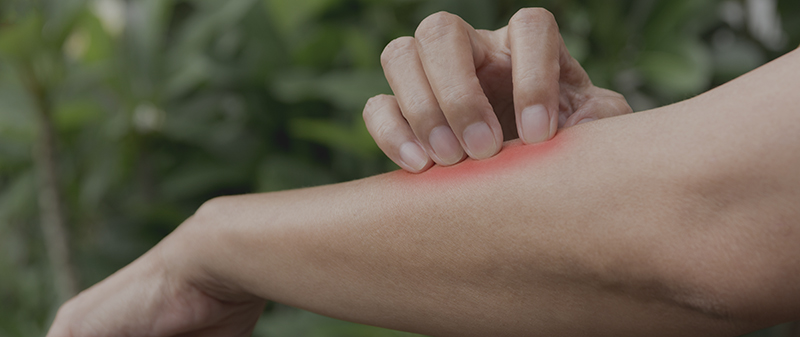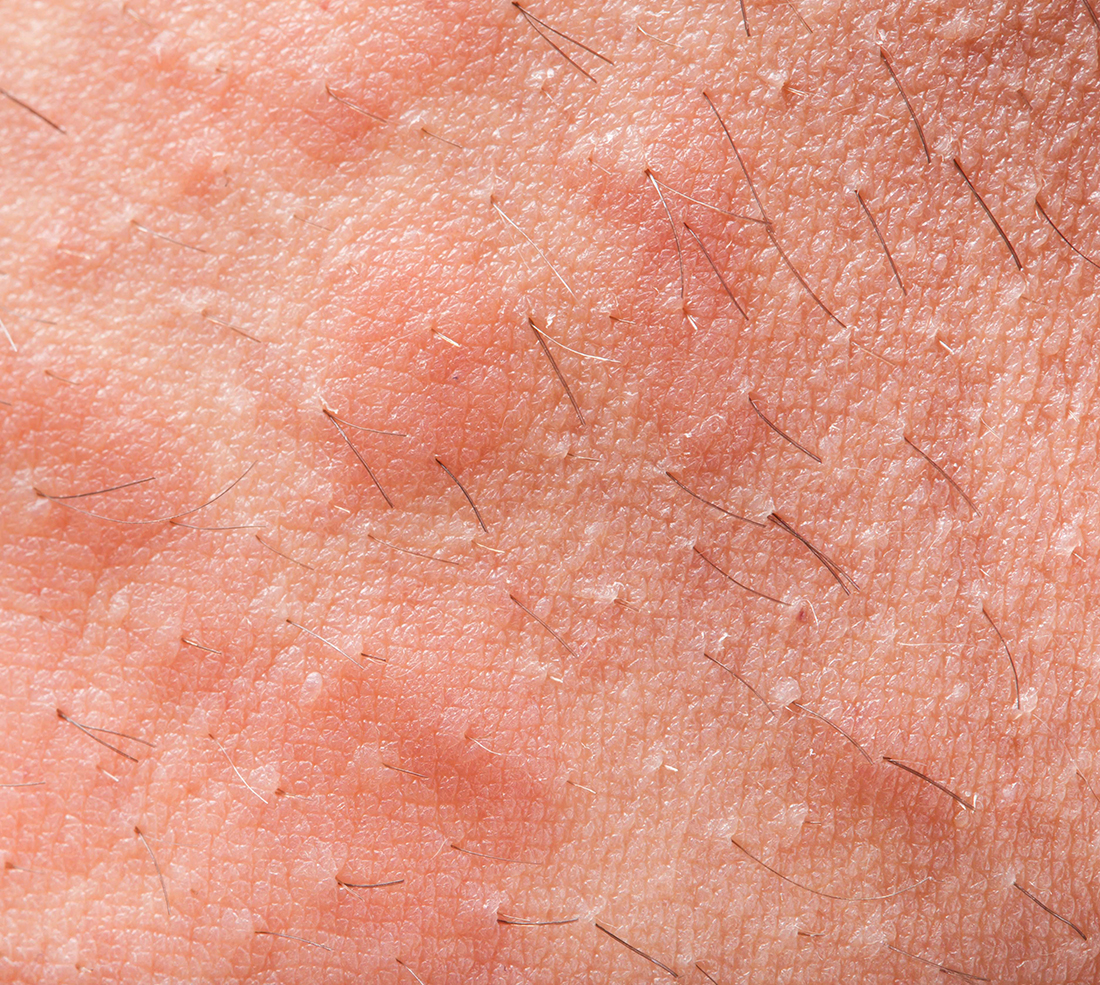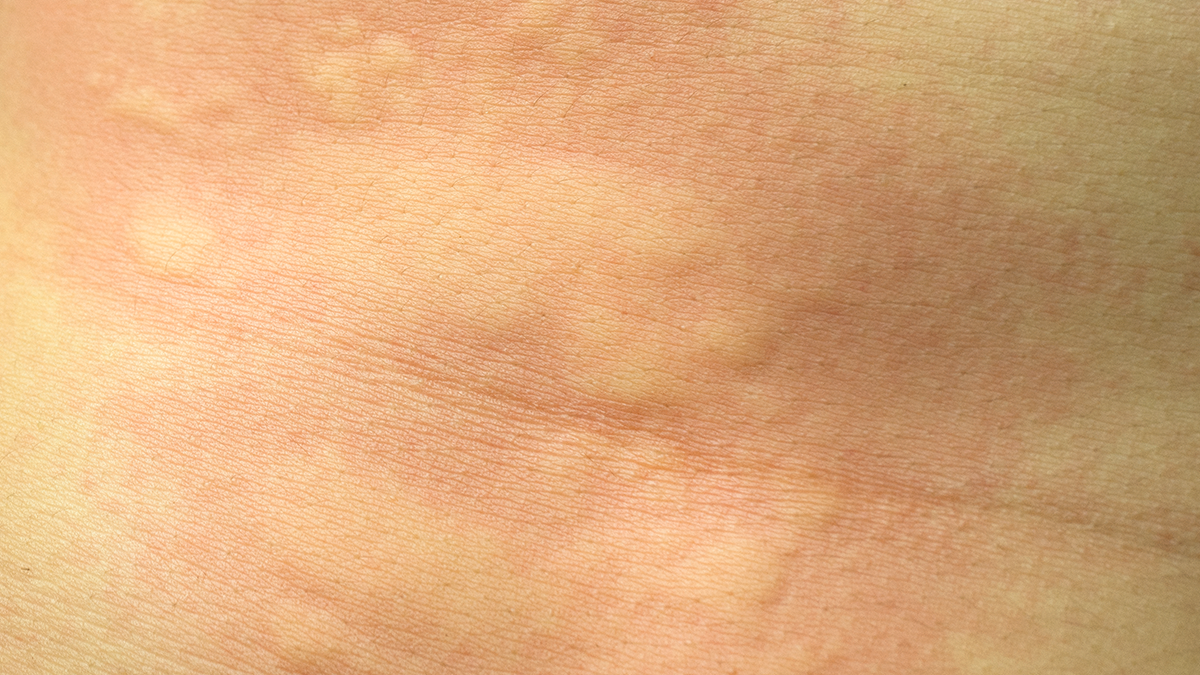
Salman A, Demir G, Bekiroglu N.
A retrospective cohort study was performed to investigate the impact of omalizumab on quality of life and its predictors in chronic spontaneous urticaria.
Omalizumab is an effective and well-tolerated treatment alternative for people with chronic urticaria, however there aren’t studies that assess omalizumab impact on quality of life.
The response to omalizumab therapy was evaluated in 42 patients using urticaria activity score over 7 days and urticaria control test. The impairment in quality of life was assessed using Dermatology Life Quality Index and Chronic Urticaria and Quality of Life Questionnaire.
All scores improved from baseline to first month, remaining stable at the third month. Complete responders had better improvement rates in all scores in all scores compared to others. Gender, age and angioedema had no significant effect on quality of life.
Better scores at baseline might be a predictor of a better response to omalizumab and therefore, more improvement in quality of life of patients with chronic urticaria.






